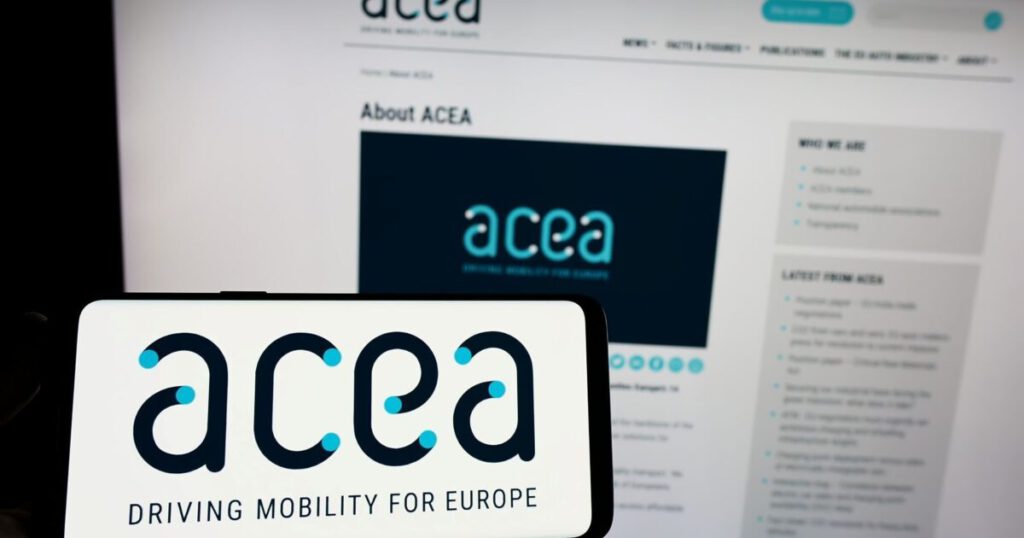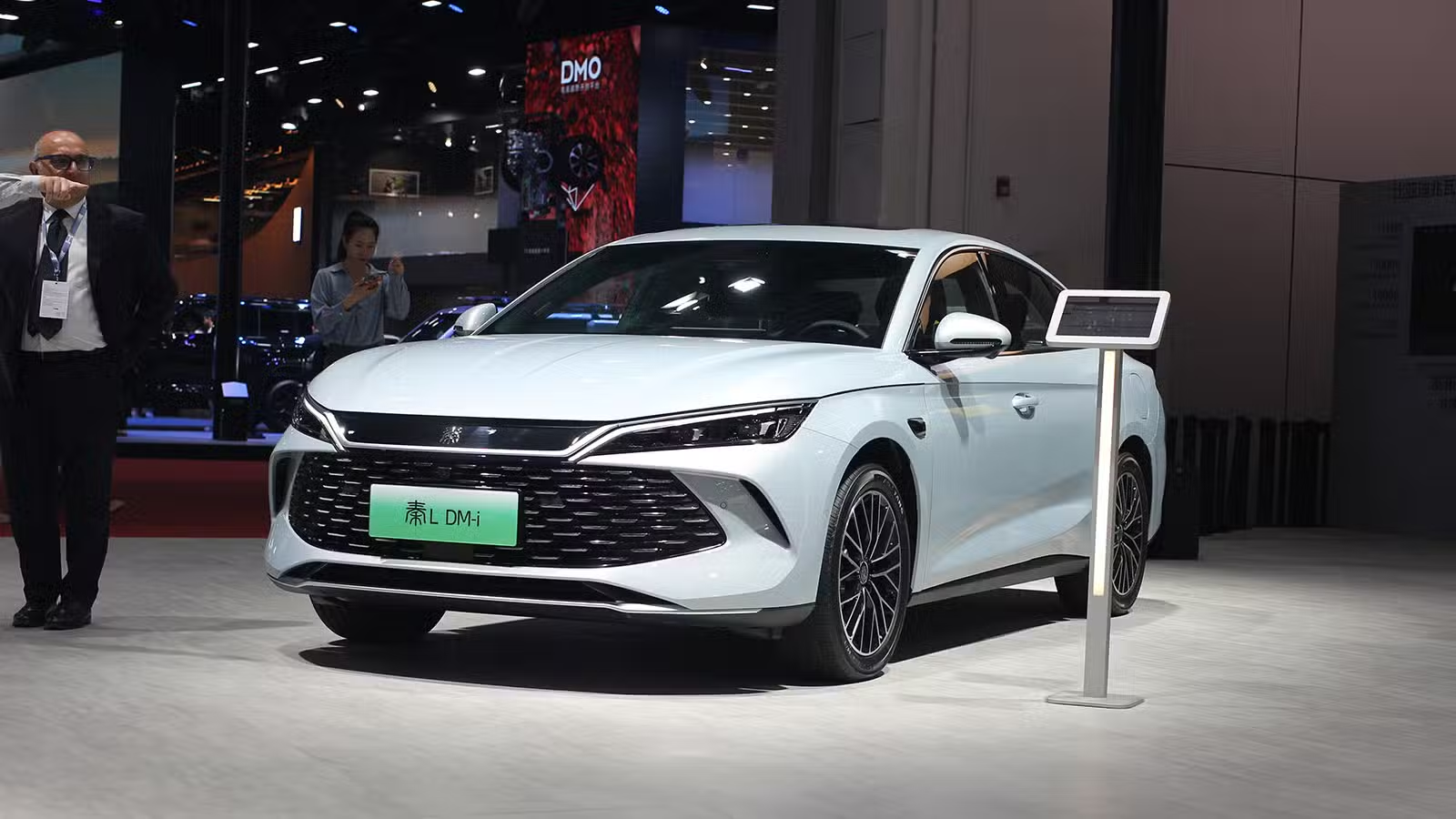A leaked position paper from the European Automobile Manufacturers’ Association (ACEA) outlines a series of proposed flexibilities in the European Union’s car CO2 regulation that, if adopted, could significantly reduce the bloc’s electric vehicle (EV) targets for 2035. According to an analysis by Transport & Environment (T&E), the proposals include more than ten measures that would effectively halve the proportion of zero-emission vehicle sales.
Among the key requests, automakers seek to classify vehicles running on so-called carbon-neutral fuels—potentially biofuels or synthetic e-fuels—as producing zero grams of CO2 per kilometer. T&E estimates this change alone would cut future EV sales by about 25%. ACEA also recommends removing an upcoming adjustment to the “utility factor” used to assess plug-in hybrid emissions, a move projected to reduce EV sales by 10% in 2035.
Additional measures include granting CO2 credits for scrapping older vehicles, which could lower the EV target by 6%, and providing credits for emission reductions achieved during vehicle production or through specific technologies, reducing the target by another 6%. The paper also proposes super-credits for small EVs manufactured in Europe, which would count some vehicles as more than one sale, further diminishing the ambition by roughly 1%. Together, these changes would require automakers to reach just a 52% EV market share by 2035, rather than a full transition to zero-emission cars.
T&E’s director of vehicles, Lucien Mathieu, warned that these flexibilities could undermine investment certainty and weaken Europe’s competitive position in the global EV market. The European Commission is scheduled to review the car CO2 legislation this year, with a new proposal expected by the end of 2025. ACEA’s demands arrive amid mounting industry pressure to accelerate the regulatory timeline, although details on the proposed adjustments remain under discussion.
Source: Transport and Environment
















